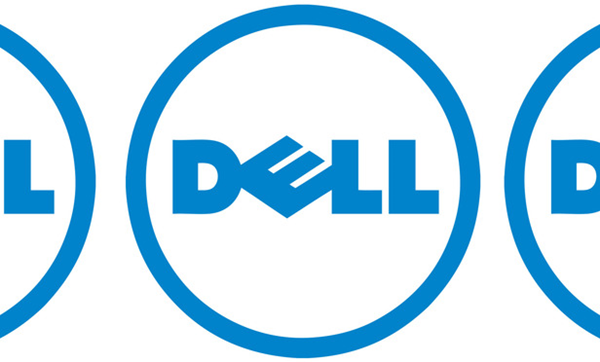|
T. Rowe Price Shares Ineligible for Appraisal, Court
Rules
Tom McParland,
Delaware Business Court Insider
May 18, 2016
Shares belonging to T. Rowe Price & Associates, one of
Dell's largest investors, will not be part of a massive appraisal
action arising out of Dell's $25 billion going-private merger, the
Court of Chancery ruled last week.
In
In re Appraisal of Dell, T. Rowe Price had
argued its shares were eligible for appraisal, even though a technical
glitch caused the shares to be voted in favor of the deal. Under
Delaware law, shares are only eligible for appraisal if the record
holder did not support or vote in favor of the transaction.
In a detailed 70-page opinion, Vice Chancellor J.
Travis Laster found the investment company was not the holder of
record. A complex legal web vested the actual rights to Cede & Co., a
subsidiary of Depository Trust Co. that processes transfers of stock
certificates.
Though T. Rowe Price vociferously opposed the merger,
its computerized voting system sent the wrong instructions to proxy
advisory firm Institutional Shareholder Services, which then passed
along the directives to 14 T. Rowe Price-sponsored mutual funds,
telling them to approve the deal.
The firm had argued that it should not be punished for
the unfortunate mistake and asked the court to consider its actual
intent, but Dell pushed back, saying that Cede's vote precluded T.
Rowe Price from satisfying Delaware's dissenter requirement.
On May 11, Laster acknowledged that an error had
occurred, but he was unapologetic in rejecting T. Rowe Price's
argument for appraisal.
"When an investor elects to use intermediaries, the
investor assumes the risk that the intermediaries will err or
otherwise fail to act in accordance with the investor's wishes. That
general rule applies to the appraisal statute," he said.
"By choosing to rely on ISS to transmit its voting
instructions, T. Rowe accepted the risk that ISS might transmit voting
instructions inconsistent with T. Rowe's true intentions."
The decision will likely impact how much Dell will have
to pay out to dissenting stockholders if Laster finds that the value
of Dell's stock was higher than the $13.75-per-share deal price. At
trial in October, petitioners argued that the actual value was more
than twice that amount.
Laster's decision in the underlying appraisal action is
still pending.
In his opinion, Laster distinguished the Dell case from
a trio of recent decisions involving appraisal arbitrage where the
Chancery Court waived the requirement that a petitioner bear the
burden of proving that a record holder had not voted the shares
eligible for appraisal in favor of the merger giving rise to appraisal
rights.
In those decisions—In re Appraisal of Ancestry.com,
Merion Capital LP v. BMC Software and In re Appraisal of Transkaryotic
Therapies—there was no evidence of how the shares were voted. And
Laster said following that approach in the instant case would lead to
the "absurd result" of allowing a nondissenter to pursue dissenters'
rights.
"If a court cannot examine evidence regarding how Cede
actually voted, then the combination of that evidentiary limitation
and the record holder requirement will permit an appraisal petitioner
who holds in street name to give instructions to vote its shares in
favor of a merger, have those instructions carried out by the record
holder, and then nevertheless seek an appraisal for the very same
shares, as long as there were sufficient shares that Cede had not
voted in favor of the merger to cover the appraisal class," he said.
In this case, however, Dell proved that Cede voted T.
Rowe Price's shares in favor of the merger, preventing T. Rowe Price
from meeting the dissenter requirement and barring the shares from
being appraised.
T. Rowe Price and the petitioners were represented by
Stuart M. Grant of Grant & Eisenhofer. Dell was represented by Gregory
P. Williams of Richards, Layton & Finger and a team of attorneys from
Alston & Bird in Los Angeles.
The attorneys did not immediately respond to calls
seeking comment on the case.
Tom McParland
can be contacted at 215-557-2485 or at
tmcparland@alm.com.
|
Copyright 2016. ALM Media Properties, LLC. |
|
